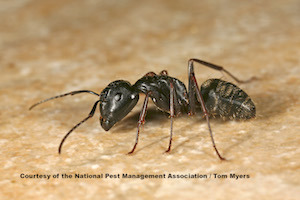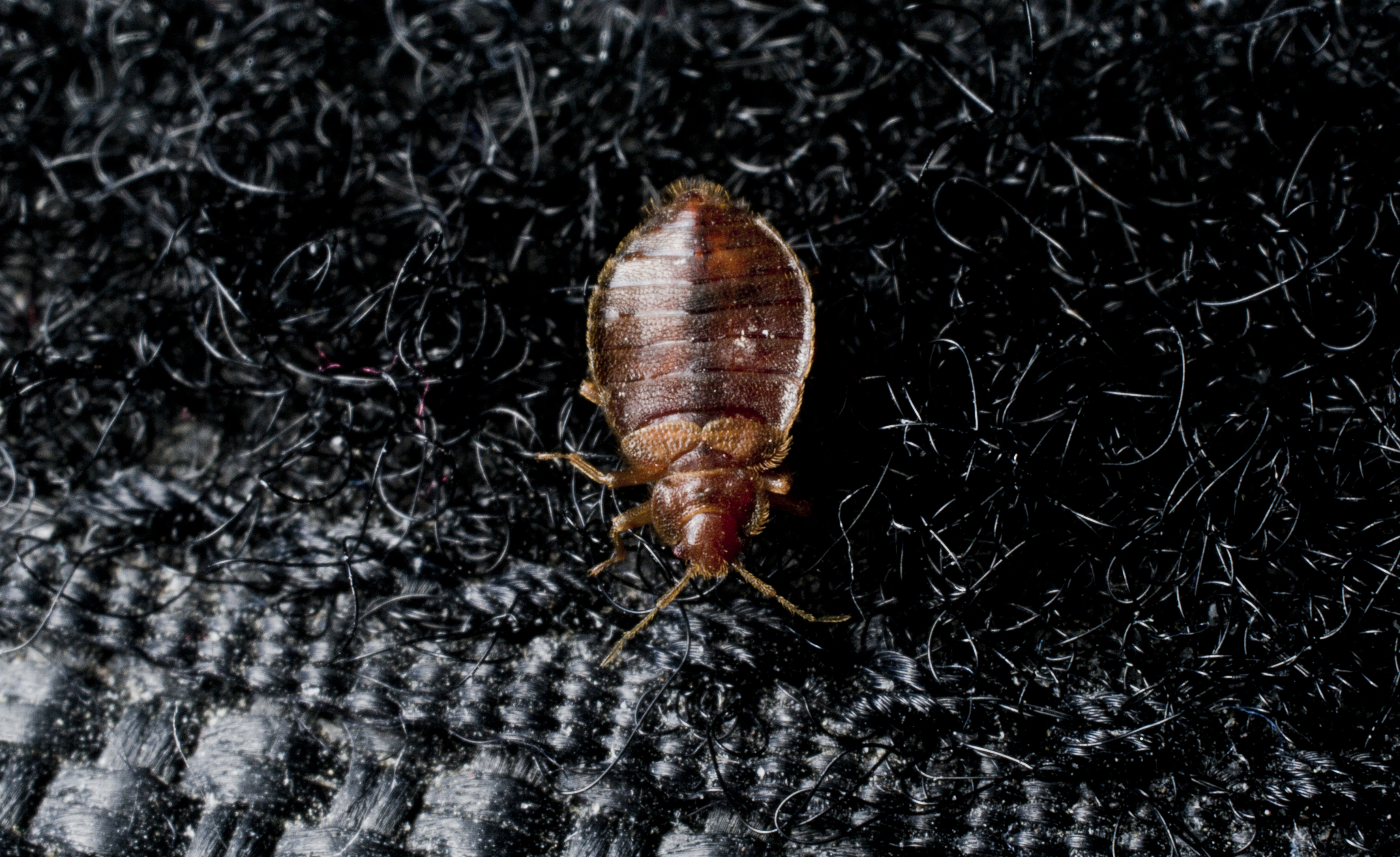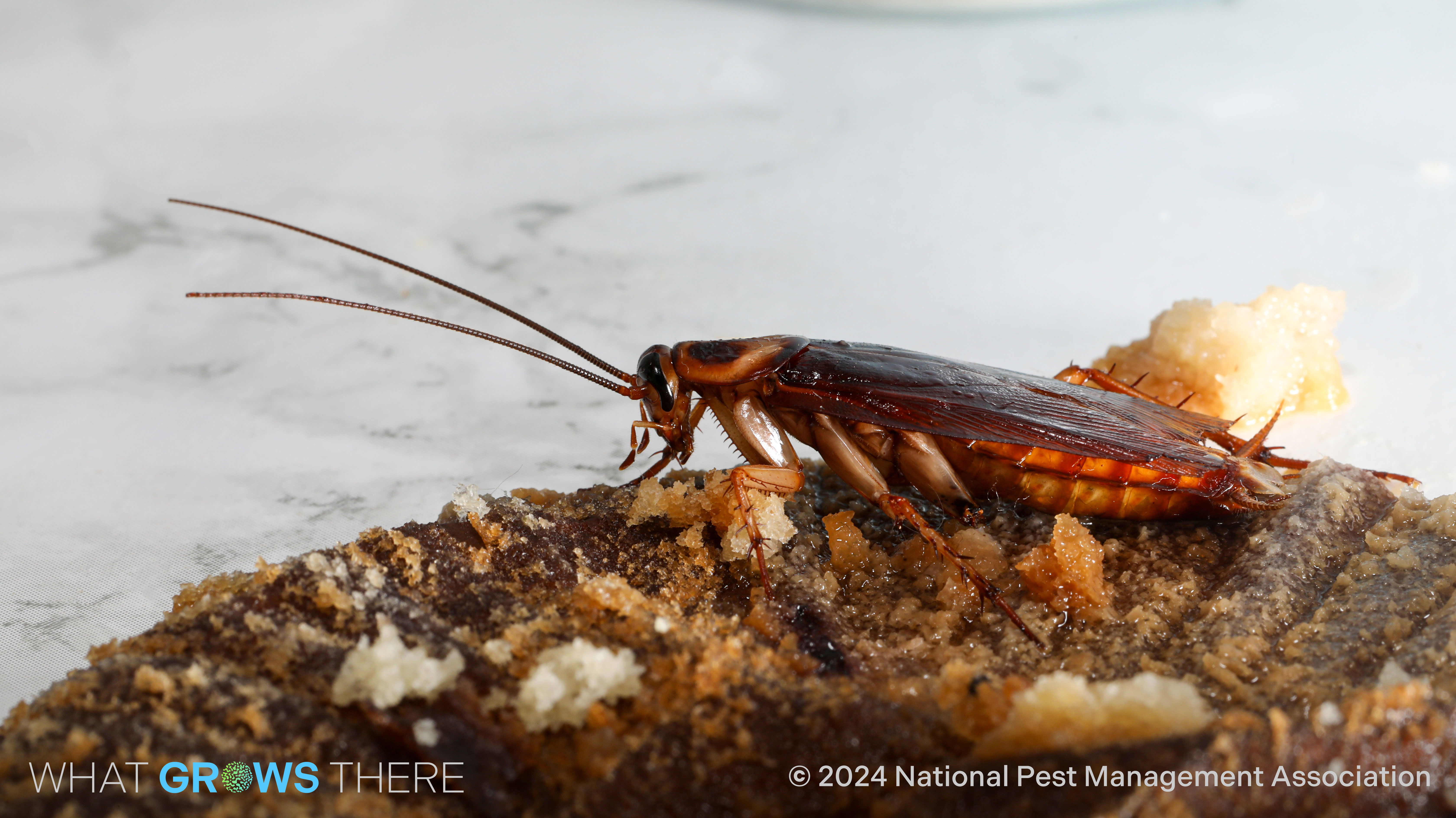Ant-icipated Guests: Rainy Spring Brings Early Insect Invasion into Homes
The National Pest Management Association Advises on Managing Seasonal Pest Challenges
Fairfax, VA (April 25, 2024) - As the spring season unfolds with unprecedented rainfall across the United States, experts from the National Pest Management Association (NPMA) caution homeowners to brace for an earlier-than-expected surge in ant activity in their homes. Heavy rains and variations in temperature will often push these pests into homes in search of respite from the elements and resources for their colonies.
According to NPMA’s recent Spring & Summer Bug Barometer forecast, warm and rainy conditions are ideal for pest populations to flourish. However, these conditions mean even more households across the U.S. may be experiencing ant issues this time of year as they search for food and shelter.
"Ants are a frequent nuisance during the rainy season and are known to enter homes to find food and water. During periods of heavy rainfall, ant colonies will sometimes seek drier conditions, seeking out higher ground indoors, considering they can enter through even the slightest gaps and openings, proactive prevention is important," said Dr. Jim Fredericks, Senior Vice President of Public Affairs at NPMA. "The U.S. has experienced some extreme weather this year. We’ve seen everything from substantial snowfall to extreme flooding and even unseasonable warmth in some areas. While we typically anticipate an increase in pest activity during the spring and summer, these conditions, paired with warm temperatures and rainfall on the horizon, can create the ideal conditions for booming pest populations this year."
Experts at NPMA advise taking proactive measures such as sealing entry points, eliminating sources of standing water, and maintaining thorough cleanliness and hygiene practices to fight ant infestations. Here are some tips for preventing ant infestations:
-
Seal Entry Points
-
Inspect and seal cracks, gaps, and openings around doors, windows, and foundations to prevent ants from entering your home.
-
Eliminate Standing Water
-
Remove sources of standing water both indoors and outdoors, such as leaky faucets, pet water bowls, and clogged gutters, as ants are attracted to moisture.
-
Maintain Cleanliness
-
Keep your home clean by regularly wiping down surfaces, sweeping floors, and storing food in airtight containers to remove potential food sources from ants.
-
Schedule Pest Inspections
-
Arrange regular pest inspections with professional exterminators to identify and address potential and entry points or infestation risks.
-
Address Moisture Issues
-
Fix any moisture problems in your home, such as leaks to reduce attractive conditions for ants seeking water.
-
Implement Sanitation Procedures
-
Establish appropriate sanitation practices, including proper food storage and waste disposal, to minimize ant attractions to your living areas.
For additional information about ants and pest prevention, visit PestWorld.org.
###

Learn About Ants
Ants are a common pest homeowners struggle to eradicate. Learn more about them!

Bed Bug Pest Guide
Traveling for the holidays this year? Be sure to keep an eye out for bed bugs! Use our Pest Guide to help identify this pest.

NPMA's What Grows There? Project
Check out NPMA's What Grows There? project to learn how pests, such as flies, cockroaches and rodents, can spread germs throughout a home.

About the National Pest Management Association
The NPMA, a non-profit organization with more than 5,500 members, was established in 1933 to support the pest management industry's commitment to the protection of public health, food and property from the diseases and dangers of pests. For more information, visit PestWorld.org or follow @PestWorld on Facebook, X, Pinterest, TikTok and YouTube and @PestWorldOfficial on Instagram.

Learn About Ants
Ants are a common pest homeowners struggle to eradicate. Learn more about them!

Bed Bug Pest Guide
Traveling for the holidays this year? Be sure to keep an eye out for bed bugs! Use our Pest Guide to help identify this pest.

NPMA's What Grows There? Project
Check out NPMA's What Grows There? project to learn how pests, such as flies, cockroaches and rodents, can spread germs throughout a home.
